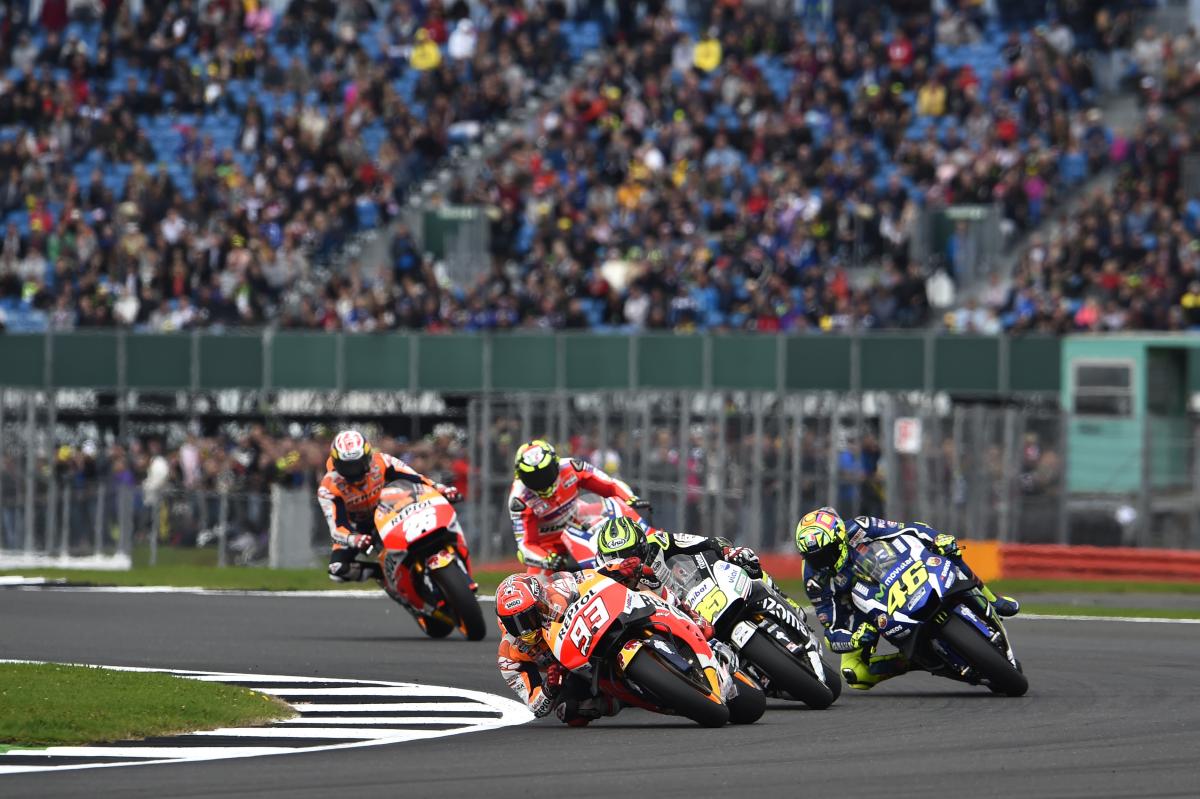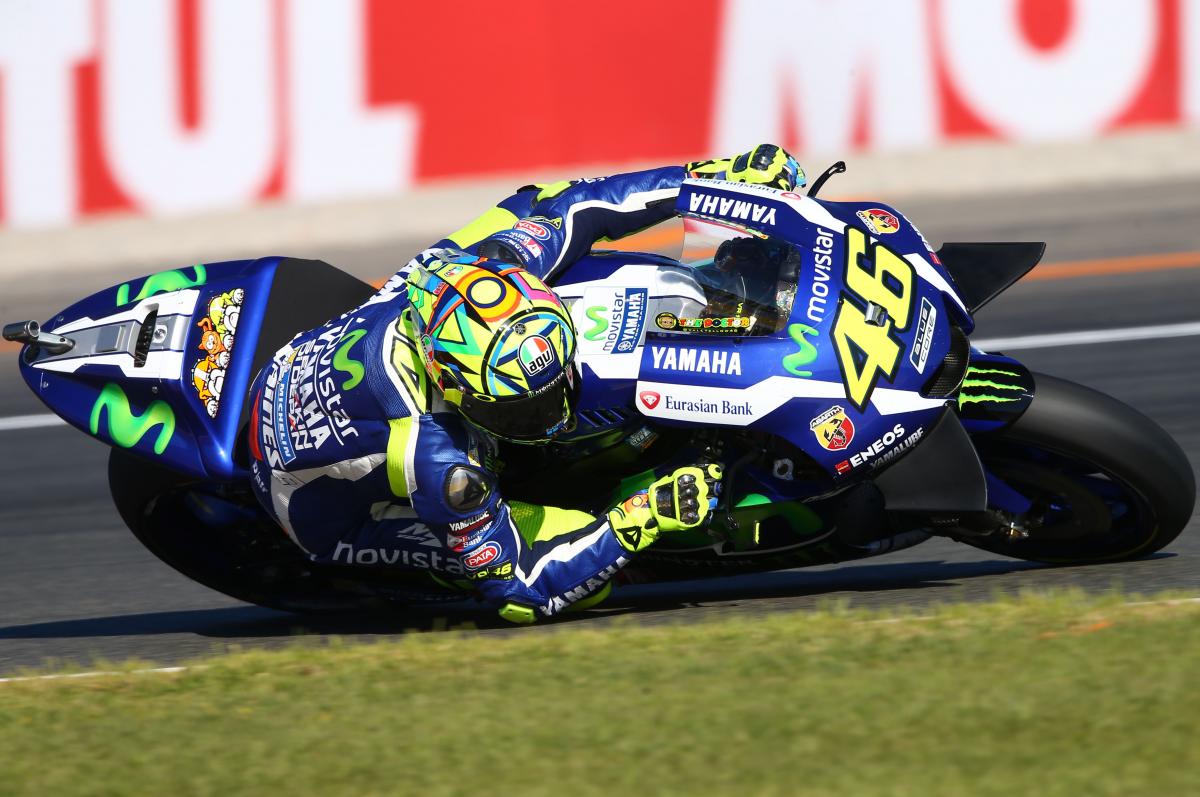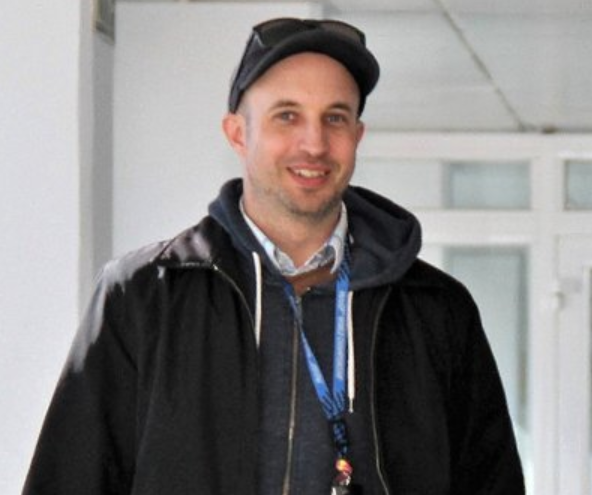Team bosses: Single ECU was 'good move' for MotoGP

For many years MotoGP manufacturers strongly resisted a single ECU, but factory team bosses now admit it has been good for the sport.
Such a system, long pursued by Dorna to reduce costs and improve the racing spectacle, was finally pushed through in the aftermath of Ducati's audacious move to join the Open class in 2014.
The 'unified' software then became mandatory at the start of this season.
The biggest obstacle to a control ECU was that it would strip manufacturers of the chance to develop electronic technology, a significant reason for their involvement in the sport. Honda was even quoted as threatening to leave if such an ECU was imposed.
The compromise reached was to allow the 2014 manufacturers - Honda, Yamaha and Ducati - to jointly develop the new ECU and propose ongoing developments, albeit made available to all competitors.
Honda appeared to suffer most in terms of the transition from its own bespoke software to the new unified system at the start of this season, but ultimately went on to win the 2016 title with Marc Marquez.
Speaking at the season-ending Valencia MotoGP, Repsol Honda team manager Livio Suppo declared:
"I think from a general point of view the single ECU has opened the door to more manufacturers. This is my feeling. We see KTM join and the performance of Suzuki this year has been getting much better. So probably this has been a good move for the championship.
"It was very difficult for Honda at the beginning, but generally speaking a good move for MotoGP."
Yamaha Racing managing director Lin Jarvis admitted the leading manufacturers had lost some of their advantage, but a season with nine different race winners proved it had been a 'positive change'.
"I think the fact that you've seen also so many different winners this year is a very, very positive thing," said the Englishman. "Also because in the past we had maybe the elite teams - HRC, Yamaha and Ducati - now we've also seen some victories for satellite teams, Ducati [and Suzuki].
"So I think for the sport as a whole it has to be acknowledged that it was a very positive thing to change. For the manufacturers, maybe for some of us, it was a disadvantage from our purely selfish technical perspective. But at the end of the day we are here not only for the technical perspective, but also to promote the sport. So I think it was a positive thing."
The variety of race winners was also the crucial factor for Ducati's Paolo Ciabatti, whose team had been prepared to run the standard software from 2014 and put significant effort into developing the unified ECU during the Open class era.
"This championship has seen nine different winners and basically four manufacturers capable of winning races. So I think this new rules have for sure balanced the competition," Ciabatti said.
"Obviously some manufacturers struggled a little bit more, some others were in a maybe more favourable situation in the beginning, but in the end everybody became competitive. I think the single software has been a good decision from the series organiser."
Having struggled to match the electronics of its main rivals before withdrawing in 2011, Davide Brivio said the ECU regulations played a significant role in attracting Suzuki (plus Aprilia and now KTM) back to MotoGP and claiming a first race win since 2007.
"We are one of the manufacturers that benefitted from the rule changes, because to come back to MotoGP with the old electronic regulations it would have been much more difficult to catch up," Brivio said. "Also after this change of regulations [was announced] three new manufacturers joined the championship - Suzuki, Aprilia and now KTM - that makes a great championship. Six factory teams.
"So for us for sure it was positive. It would have been much more difficult to recover in the old rules, and this I think is good for the sport, good for the show - nine winners in a season is fantastic."
The other major 2016 technical change was a switch from Bridgestone to Michelin tyres.
While 'factory' ECUs were allowed until the end of last year, tyre supply has been same-for-all since 2009. Therefore (unlike the unified software) the change of tyres didn't theoretically take anything away from the leading teams, some fearing factory outfits would instead pull further away as they got first use of new parts designed for the French rubber.
But the tyre change did provide unpredictability, especially when Michelin was forced to revise its rear tyre construction after a major problem for Scott Redding in Argentina.
"I think Michelin has done a good job. For sure it is not easy to come back after seven years and be immediately competitive in Qatar, where we were faster than last year," Suppo said. "Of course there have been some up and downs, but honestly speaking I think it is difficult to complain."
Ciabatti added: "As far as the tyres, also I think it has played a bit of a role in the season. Obviously at the beginning we were using some tyres and then the construction changed a little bit, but we think Michelin has done a great job.
"As Livio said, it is not so easy to come back after so many years. The bikes are extremely powerful now, so extreme conditions, and I think in the end they did a good job. I think also the weather conditions played a role because there were many races with variable conditions, rain and dry and so on. But in the end seeing nine different riders winning races has been great."
For Suzuki, the tyre change meant they were at less disadvantage from a lack of past data.
"The change of tyre was also positive for us, because it made everybody 'restart' with their settings. Let's say we had less disadvantage, from having less experience," said Brivio.
Aprilia also re-joined MotoGP in 2015, but was effectively running an Open class machine until the start of this year.
Aprilia Racing boss Romano Albesiano: "For us this has been the real first season in MotoGP and starting exactly as these big changes started has been a good point for us. The common software has proven to be the right choice, in terms of levelling the performance, putting everybody in the same technical situation in some aspects. So both the ECU software and tyres have been for us positive."


